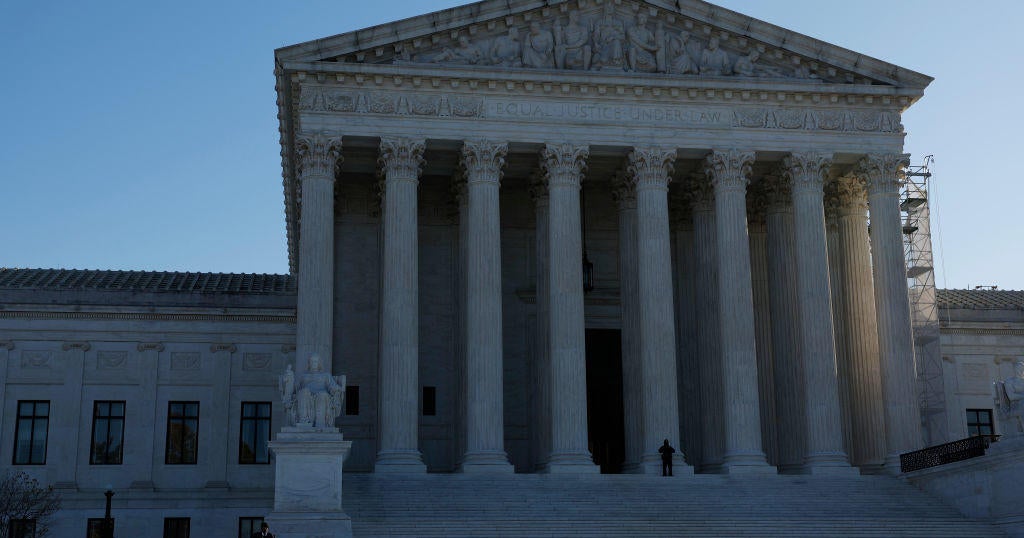Okla. Supreme court tosses law requiring abortion doctors to have hospital privileges
OKLAHOMA CITY -- The Oklahoma Supreme Court on Tuesday threw out a law requiring abortion clinics to have doctors with admitting privileges at nearby hospitals, saying efforts to portray the measure as protecting women’s health are a “guise.”
The law would require a doctor with admitting privileges at a hospital within 30 miles be present for any abortion. The court found it violates both the U.S. and Oklahoma Constitutions. The U.S. Supreme Court earlier this year struck down a similar provision in Texas.
“Under the guise of the protection of women’s health,” Oklahoma Justice Joseph Watt wrote, “(the law) creates an undue burden on a woman’s access to abortion, violating protected rights under our federal Constitution,” referring specifically to the Texas case.
Republican Gov. Mary Fallin signed the measure, Senate Bill 1848, into law in 2014, but courts had blocked it from taking effect. Tuesday’s ruling overturns a lower court’s decision in February that upheld the law.
The New York-based Center for Reproductive Rights challenged the law on behalf of Dr. Larry Burns, a Norman physician who performs nearly half of Oklahoma’s abortions. Burns has said he applied for admitting privileges at hospitals in the Oklahoma City area but was turned down. The other clinic in the state that does abortions is in Tulsa.
“Today’s decision is a victory for Oklahoma women and another rebuke to politicians pushing underhanded laws that attack a woman’s constitutionally guaranteed right to safe, legal abortion,” Nancy Northup, president and CEO of the Center for Reproductive Rights, said in a statement.
Oklahoma Attorney General Scott Pruitt did not immediately respond to a request for comment, but previously has said that bill was passed to protect the health and safety of Oklahoma women.
The court also found that the law violates the Oklahoma Constitution’s ban on measures containing more than one subject, a practice known as logrolling. The law included “12 separate and unrelated subsections,” the court said.
“The sections in SB 1848 are so unrelated and misleading that a legislator voting on this matter could have been left with an unpalatable all-or-nothing choice,” according to the ruling.
The court’s ruling came the same day that the Oklahoma Board of Health approved new requirements for hospitals, nursing homes, restaurants and public schools to post signs inside public restrooms directing pregnant women where to receive services as part of an effort to reduce abortions in the state. The provision mandating the signs was tucked into a measure the Legislature passed this year that requires the state to develop informational material “for the purpose of achieving an abortion-free society.”
Businesses and other organizations estimate they will have to pay $2.3 million to put up the signs because the Legislature approved no funding for them. The Legislature and the governor must ratify the board’s rules for the signs before they are scheduled to go into effect on Jan. 1, 2018, board attorney Donald Maisch said.
In Florida, the American Civil Liberties Union filed a lawsuit late Monday asking a federal judge to block additional parts of a contentious Florida abortion law. The lawsuit contends that the law violates constitutional rights by requiring groups to register with the state and pay a fee if they advise or help women seek abortions. The lawsuit also challenges a provision requiring groups to tell women about alternatives to abortion.
In Ohio, two differing abortion bans have arrived at Republican Gov. John Kasich’s desk. One bill prohibits abortions after the 20-week mark, when proponents assert a fetus can feel pain. The second bars the procedure at the first detectable heartbeat, as early as six weeks into pregnancy.



